Water is essential for life, and clean water is the basis for all human activity. Having clean water is something that we should not take for granted: many factors are posing the European water reservoirs at risk such as pollution, bad water management, and climate change.
From 20th to 24th August, the World Water Week conference will be celebrated. This year’s focus is on water management in a water scarce world.
According to the European Environmental Agency report “Drivers of and pressures arising from selected key water management challenges — A European overview”, about 34 % of surface water bodies are significantly affected by structural changes, for example stabilising river channels, hydropower, or irrigation. Those structural changes may also affect biodiversity and cause invasive species to flourish. Moreover, UN Water says that sustainable water management is central to building resilient societies and ecosystems, and to reduce carbon emissions.
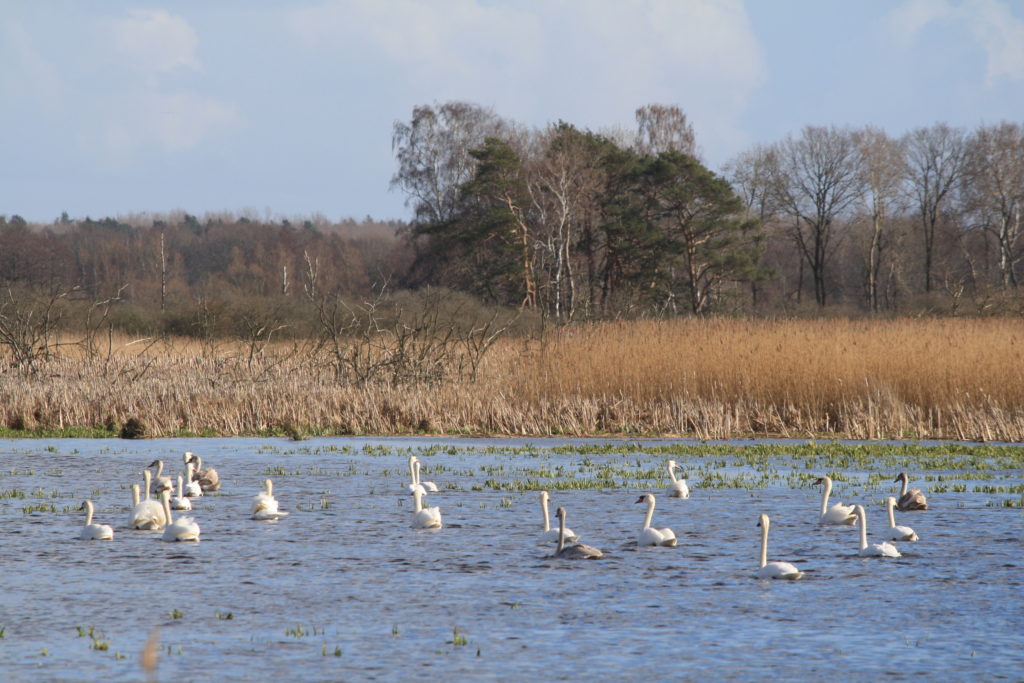
One nature-based solution for water scarcity is to restore the world’s wetlands. Experts estimate that more than 35% of the world’s wetlands have disappeared in the last 50 years. But healthy wetlands provide clean drinking water and protect against both drought and flooding by collecting excess water.
“The extreme weather events caused by climate change all have to do with water: either too much or too little of it. Wetlands will become very important in the future to regulate and supply water. We need to give wetlands and water back their place in our landscapes to buffer extreme weather events, ensure water availability for people and nature, and cool a heating environment,” explains Dr. Alexandra Barthelmes, senior researcher at University of Greifswald.
Wetland restoration to mitigate extreme weather
Wu and Barthelmes are involved in the wetland restoration project WET HORIZONS. The project and its collaborative project, REWET, aim to produce conservation tools based on regional specific data.
In WET HORIZONS, these tools include updated wetland maps, an app, and guidelines aimed at policy makers. Data collected from wetlands across Europe will be used to determine which wetlands should have priority for restoration based on factors such as greenhouse gas emissions and ‘ecosystem services’ (e.g. improved water quality).
Policy analysts will explore the local and national perceptions about rewetting previously drained wetlands to determine the best approaches for wetland management.
The EU-funded project REWET focuses on determining how restoring and managing wetlands can be optimised to maximise carbon uptake while in balance with natural processes and biodiversity. Seven wetland sites called Open Labs have been selected to test and monitor restoration strategies, according to the different features of the sites. The main activity is rewetting these areas by reintroducing water to the dried ecosystems. Making wetlands regain fresh water is fundamental: when rich carbon soils (for example peatlands) become dry, they may emit greenhouse gases, with all the consequences that we already know.
For each wetland, different management strategies will be studied and implemented to adapt the wetlands to future climate conditions and thus preserve biodiversity. REWET will also model and implement specific solutions that can be applied to other wetlands, together with a roadmap and other policy guidelines for sustainable wetlands restoration.
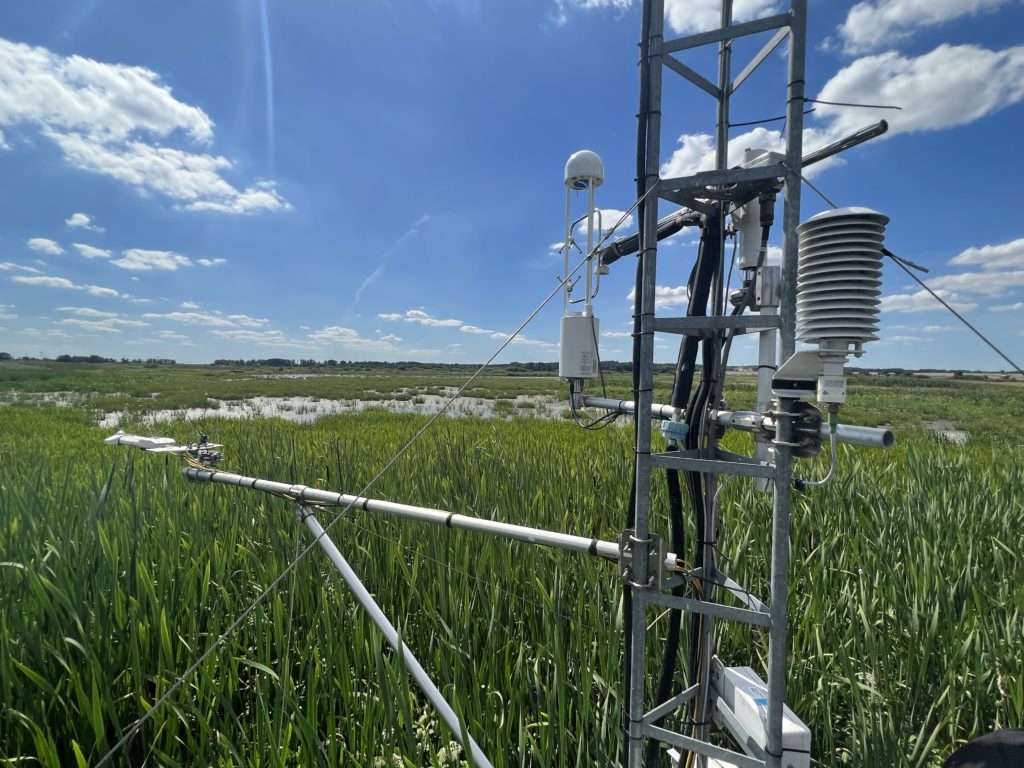
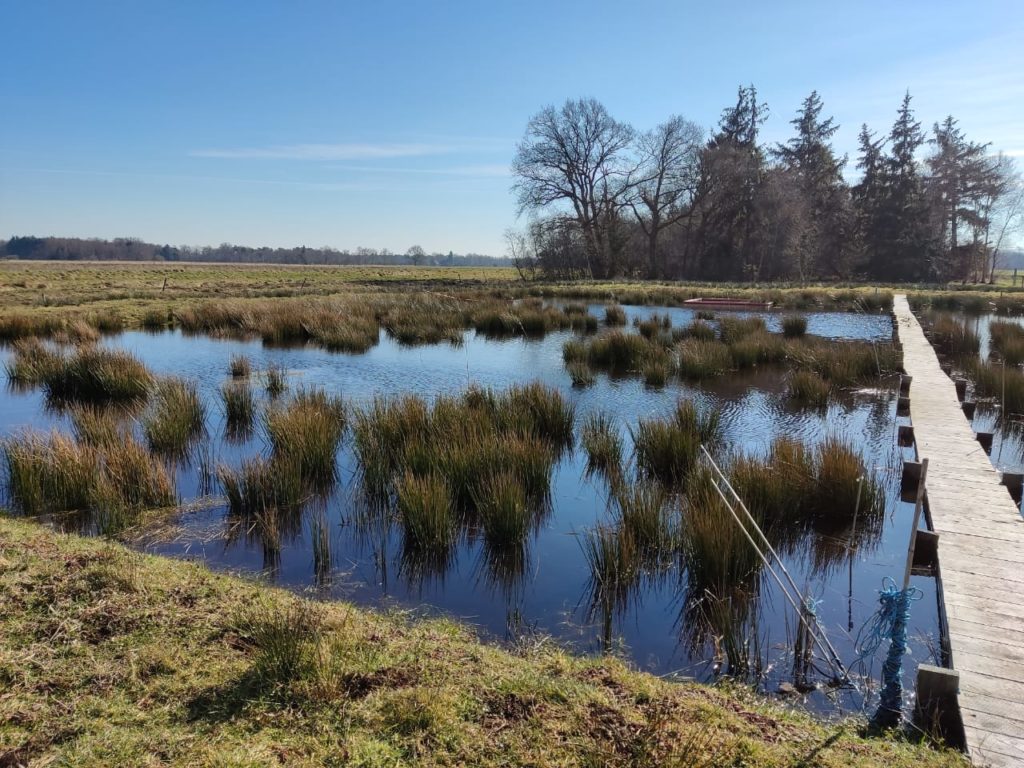
Wetland research conducted by WET HORIZONS research partners from GFZ-Potsdam and Radboud University.
Top: A wetland in Zarnekow, Mecklenburg-West Pomerania, Germany; Bottom; A helophyte filter used to filter wastewater for wetlands. Pictured in ‘Hankhausen Moor, Lower Saxony, NW Germany.
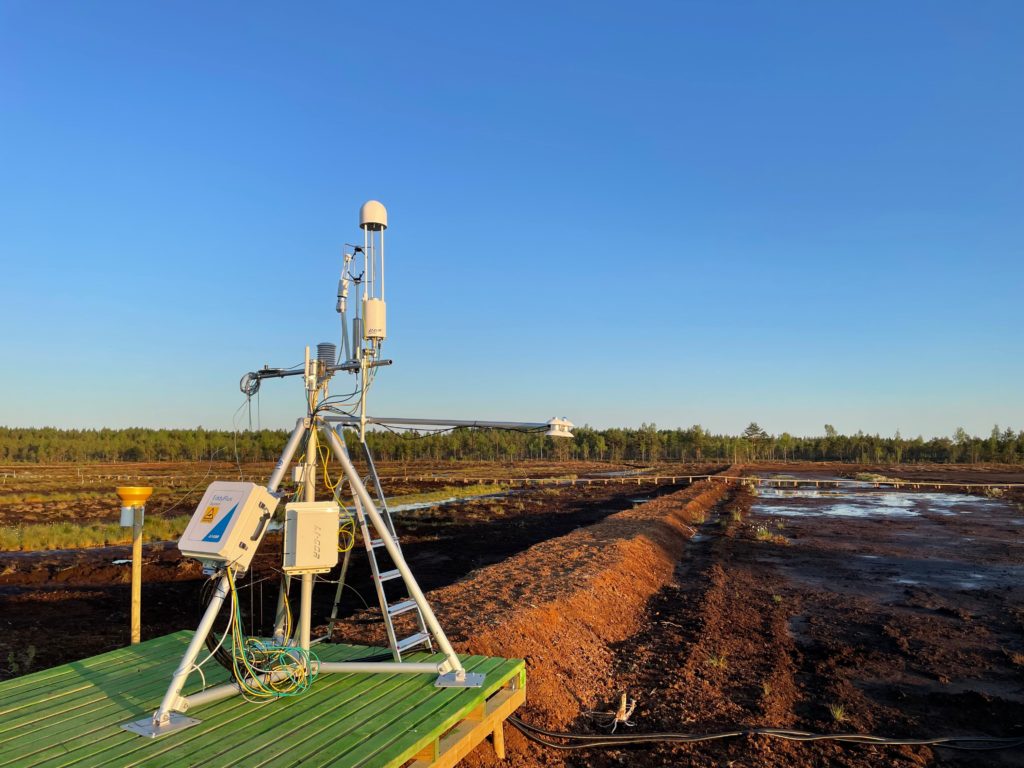
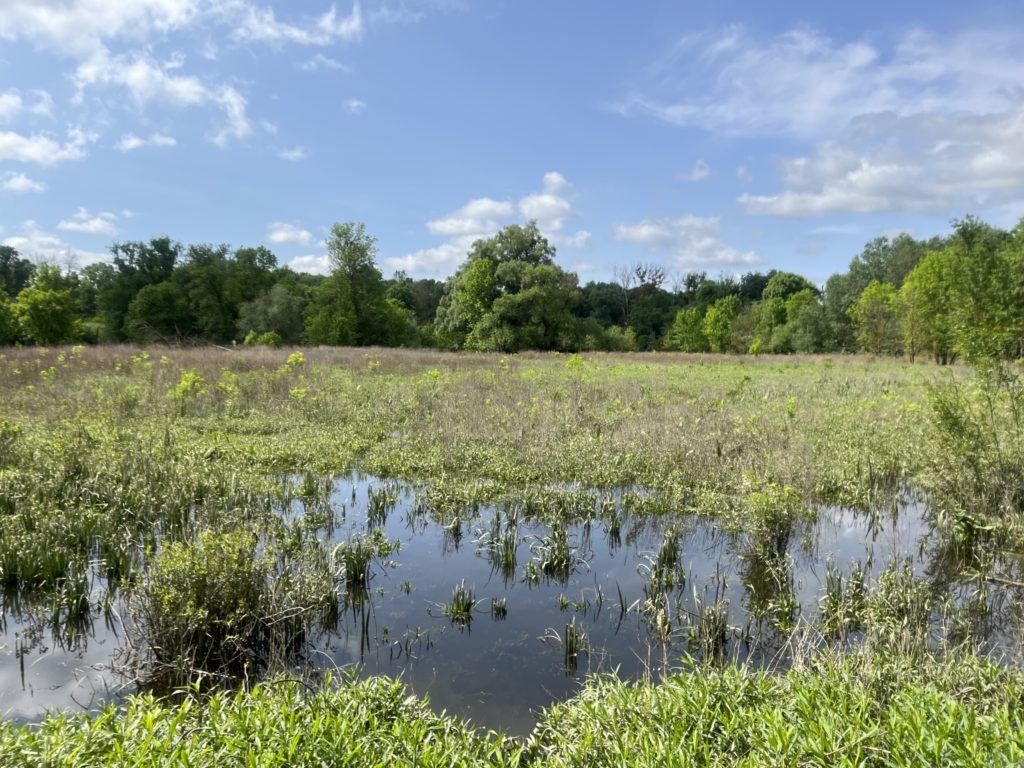
Wetland research conducted by REWET.
Left: The Eddy Covariance Tower in the Open Lab in Estonia ; Right: A previously restored wetland, now monitored by REWET in Austria.
“Collaboration between EU-funded projects is of paramount importance due to its potential to amplify the impact of individual initiatives and foster a more cohesive and integrated European research landscape,” says Dr Vanessa Ferreira, the REWET project coordinator. “Interdisciplinary solutions are increasingly necessary. Fostering collaboration between EU-funded projects cultivates an environment where finding solutions to mitigate climate change are more likely to occur, thus ensuring positive impact for vulnerable environments such as wetlands”.
World Water Week reminds us that finding innovative water management approaches is a crucial part of combating the changing climate. Collaboration and incorporating wetland restoration could be a key solution.
As Barthlemes concludes, “Wetlands are lands shaped by an abundance of water, and water means life.”
For more information about the projects, please visit the respective websites:
WET HORIZONS: www.wethorizons.eu
REWET: www.rewet-he.eu